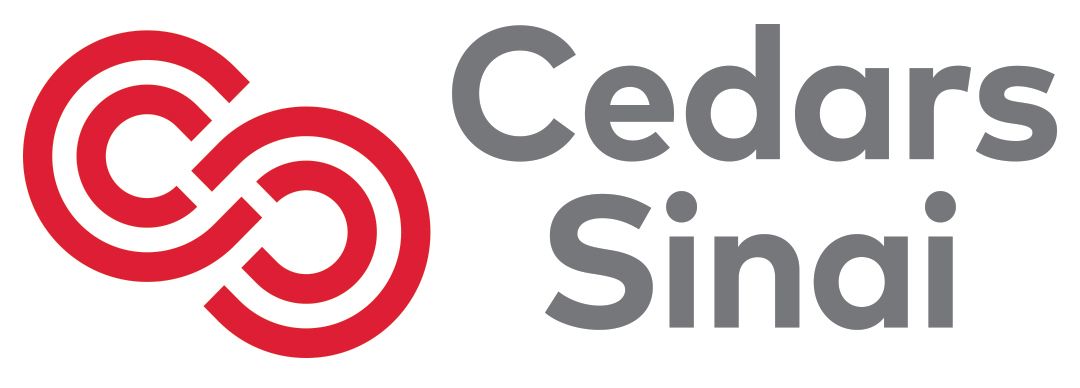
Dr. Kim on Combining Immunotherapy and TKIs in Metastatic RCC

Hyung L. Kim, MD, Medallion Group Chair in Urology, co-medical director of the Urologic Oncology Center, associate director, Surgical Research in the Samuel Oschin Comprehensive Cancer Institute at Cedars-Sinai Medical Center, discusses the potential combination of immunotherapy and tyrosine kinase inhibitors in metastatic renal cell carcinoma.
Hyung L. Kim, MD, Medallion Group Chair in Urology, co-medical director of the Urologic Oncology Center, associate director, Surgical Research, Samuel Oschin Comprehensive Cancer Institute, Cedars-Sinai Medical Center, discusses the potential combination of immunotherapy and tyrosine kinase inhibitors (TKIs) in metastatic renal cell carcinoma (RCC).
The field of metastatic RCC has seen great progress with over 10 available agents, Kim says. Each agent when tested by itself has shown modest efficacy. Now, genitourinary oncologists are at a point where they’re learning how to combine agents. CheckMate-214 evaluated the combination of nivolumab (Opdivo) and ipilimumab (Yervoy), leading to a complete response (CR) rate of 9%. In this field, Kim says, 9% is a very high number. However, researchers will look to increase it with better therapies and possibly better biomarkers.
Another promising trend in the treatment of RCC has been combining immunotherapy with TKIs. These drugs operate using very different mechanisms and their toxicities do not overlap. This means patients are able to get the benefit of both agents without increased toxicity. Kim says the goal is to ultimately increase CR.




































